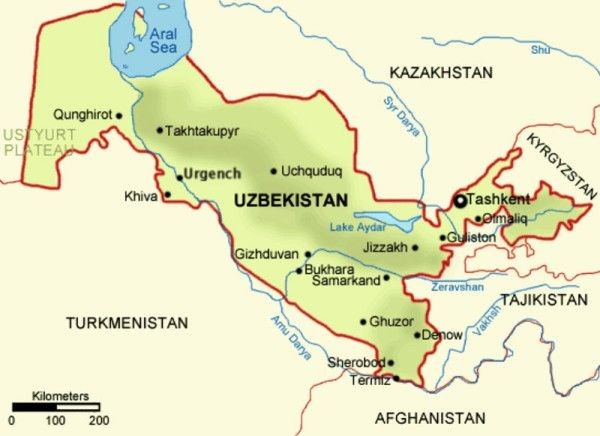TASHKENT (TCA) — Uzbekistan’s Uzbekipaksanoat Association officials have met with representatives of Chinese companies that intend to invest $276 million this year in the development of the silkworm industry in Uzbekistan, the Jahon information agency reported.
The sides discussed cooperation in cocoon processing, manufacture and exports of finished products. They reached an agreement on the supply of ten million saplings of mulberry trees of three varieties friendly to the climatic conditions of Uzbekistan this year, as well as up-to-date technologies for their cultivation.
Established by the Presidential Decree on March 29, 2017, the Uzbekipaksanoat Association is expected to boost the silkworm industry in the country and ensure the increase of the total share of silkworm cocoon processing to 50% by 2021.
As analysis shows that the production of silkworm grains is the weakest link in the country’s sericulture, due to the use of outmoded and obsolete equipment.
According to experts, the existing mulberry plantations are not used efficiently, and mulberry yields fall significantly in the winter period.
Strengthening and expansion of forage reserves, creation of silkworm cocoon complexes in the immediate vicinity of the mulberry plantations, importing of high-yielding (cold-resistant) mulberry seedlings that produce twice as much yield will allow increasing the volume of cocoon harvesting by 35,000 tons (135%), and ensure the production of goods with high added value, including silk yarn and finished silk products.
It is expected that by 2021, the total share of silkworm cocoon processing volumes will be brought to 50%, paving the way to new jobs and an increase in foreign currency inflows through exports.







